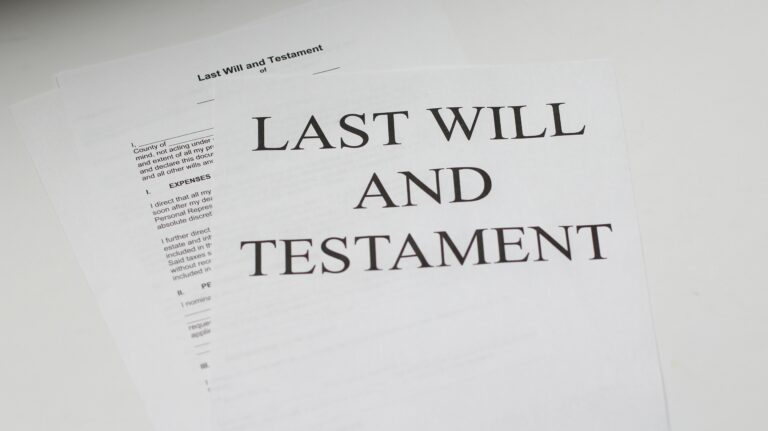
Can I Retire in a Bear Market?
Money Talks News’ recent article entitled “Retiring in a Bear Market? 7 Things to Do Now” says that research has shown that this scenario — known as sequence-of-return risk — can permanently reduce the amount of money you will have to live on during retirement. However, savvy retirees can avoid most or all of this damage. If you’re planning to retire right into the teeth of a bear market, consider the following:
Meet with a money pro. If you make the wrong decisions here, it can have life-altering effects. This is the perfect moment to speak with a financial adviser. The right pro can help you develop a plan.
Tighten your spending. A bear market may mean you must downsize your grand visions. The more money you keep in your wallet when the market is down, the better off you’re likely to be when the bull market returns. When the market recovers, you can pick up your dreams where you left them.
Use your savings. A great way to avoid permanently ruining your finances in retirement is to have cash savings to use when stocks collapse. Living off your liquid savings keeps you from having to cash in stocks when their value is depressed, which allows your portfolio time to recover.
Consider your Social Security options. When retiring into a bear market, you either have to take Social Security now, so you can leave your investments alone and give them more time to recover; or wait to claim Social Security, hoping that there will be bigger checks later in retirement that will help cushion the blow, if your other finances do not recover robustly. There’s no simple answer, and many factors can help you determine which strategy is best. These include your health, your risk tolerance, your marital status and many other considerations.
Review your asset allocation. Bear markets are the ultimate test of your tolerance for risk. With stocks down at least 20% — the definition of a “bear market” — consider your feelings. This can help you determine if your asset allocation is too risky, too conservative, or just right. Making certain that your allocation matches your risk tolerance will put you in a better position for the next bear market.
Going back to working. Bear markets rarely last long, often disappearing in less than a year. A part-time job or freelance work can give you a bit of extra income to ride out the storm, possibly even allowing you to leave all of your savings untouched. When the market recovers, you can return to your full-time retirement.
Stay calm. The tendency is to panic. Resist the urge.
Reference: Money Talks News (July 25, 2022) “Retiring in a Bear Market? 7 Things to Do Now”









